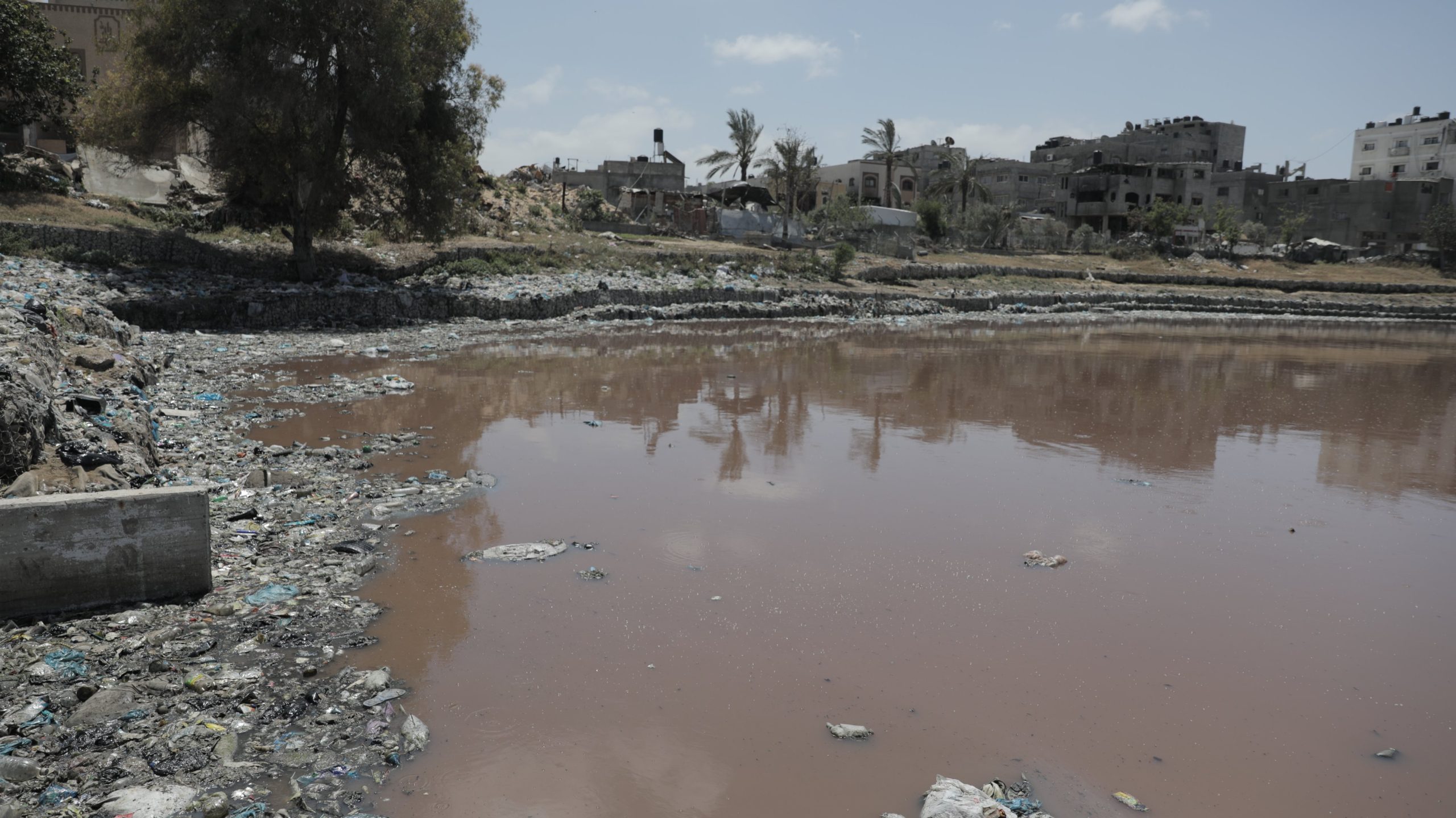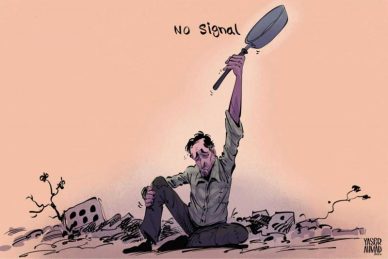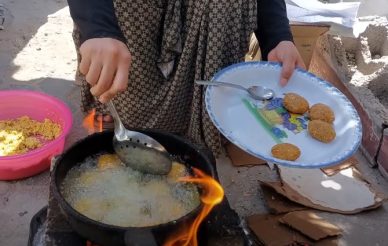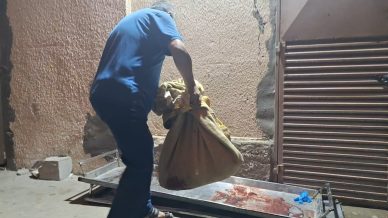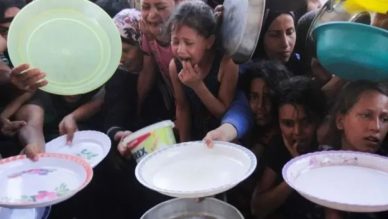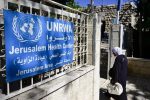GAZA, (PIC)
Sewage is spreading extensively in the city of Deir Al-Balah, in the center of the Gaza Strip, which is home to around 700,000 Palestinians, the majority of whom were displaced from Rafah. This is due to the targeting of the infrastructure by the Israeli occupation army and the lack of fuel to drain it, which has contributed to the wide spread of sewage.
Palestinian mother Umm Al-Abid accompanies her child and holds his hand when he goes out of the family tent in the south of Deir Al-Balah in central Gaza Strip, to prevent him from walking in the middle of the sewage accumulation, according to the Anadolu Agency.
Umm Al-Abid (43 years old) and her family live in a small tent erected behind the seawater desalination plant located southwest of Deir Al-Balah, in an area where sewage water overflows repeatedly, surrounded by large piles of garbage.
She explained that she is a refugee from the Jabalia camp in the north of the Strip, and that she was displaced during the ongoing Israeli war to the city of Rafah in the south of the Gaza Strip, before being displaced again to Deir Al-Balah, saying, “We did not find another place to be displaced to from the city of Rafah in the far south, with the start of the Israeli ground military operation, other than this area, which is distinguished by its proximity to the desalination plant, but the disaster began to unfold with the overflow of sewage water.”
She confirmed that the living conditions in the area are very poor, as a stream of sewage water flows in the street overlooking the tents and piles of garbage accumulate next to the tents, posing a serious health and environmental hazard.
She added that “the children in the area cannot move or travel easily, except with an adult, due to the high level of sewage water in the place and the lack of action by the responsible authorities.”
She expressed her fear of the deterioration of the health and environmental situation in the area, and the transmission of infectious and intestinal diseases among the displaced, especially children, while they play in the area next to the tents.
The exhausted mother, due to the complexities of the life of displacement and war, indicated that the sewage water has invaded the displaced people’s tents in the area several times, exacerbating the suffering of the displaced families.
She pointed to the widespread presence of foul odors, insects and rodents in a frightening way in the place, which even prevents them from sleeping normally.
The city of Deir Al-Balah is crowded with around 700,000 displaced people distributed in 150 shelters throughout the city, according to the mayor Diab Al-Jarbu.
Displaced person Ibrahim Al-Eila (44 years old) explains the difficulties and risks faced by the family due to sewage leaks, the frequent invasion of the displaced people’s tents, and the spread of insects, mosquitoes, and rats in the place.
Al-Eila and his displaced family from the Al-Tuffah neighborhood in the center of Gaza City have been deprived of living in a safe and clean environment since the start of the Israeli war on the Gaza Strip last October, due to the continuous displacement from one area to another, but his situation in Deir Al-Balah is the worst since he left his home.
He says, “We displaced from Rafah to the tents in Deir Al-Balah, and the situation is unhealthy and unsuitable in any way due to the constant sewage overflow and the accumulation of waste nearby, which poses a danger to the lives of our children and spreads infectious diseases among us.”
He adds, “We suffer from the spread of foul odors, insects, and rodents, and the accumulation of wastewater, and no one has been able to address the problem since the beginning of the crisis.”
Al-Eila complains about the lack of distribution of relief aid to the displaced in Deir Al-Balah since their arrival, in addition to the lack of follow-up on the displaced people’s conditions and the resolution of crises by the responsible authorities.
While the child Sonia Al-Eila (9 years old) was standing with her father, she intervened saying, “Insects spread heavily throughout the night and disturb us and prevent us from sleeping, and the wastewater invades our tents.”
She explains that her father is injured and sick and suffers from the spread of foul odors, insects, and rodents, calling for an end to the Israeli war on the Gaza Strip and the return of the displaced to their homes from which they were expelled.
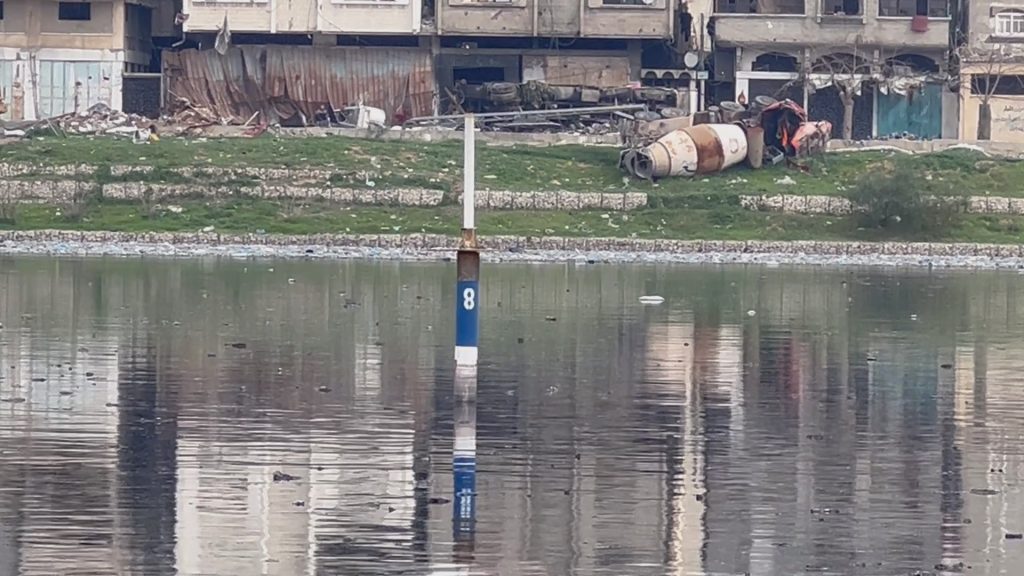
Infectious diseases
Abu Mahmoud, a displaced person from the city of Gaza, is now afraid of the deterioration of the health condition of his children, which cannot be controlled, after they were infected with infectious diseases that are spreading intensively due to the sewage floods.
He says, “Our young children are affected by diseases ranging from diarrhea to infectious skin diseases, intestinal infections, and viral hepatitis. The situation is not easy, due to the widespread diseases and epidemics in the place caused by the environmental and health pressure, and no one has treated them.”
Abu Mahmoud explains that his family preferred to bear the consequences of the health and environmental pressure and the resulting diseases, rather than staying in the dangerous places near the sites of the Israeli incursion.
Since October 7, Israel has been waging a devastating war on Gaza with absolute American support, leaving more than 124,000 Palestinian martyrs and wounded, in addition to thousands of missing persons.
Israel continues its war despite two resolutions from the United Nations Security Council to stop it immediately, and orders from the International Court of Justice to end the invasion of Rafah city and take measures to prevent genocide and improve the miserable humanitarian situation in Gaza.

